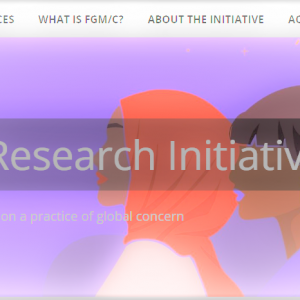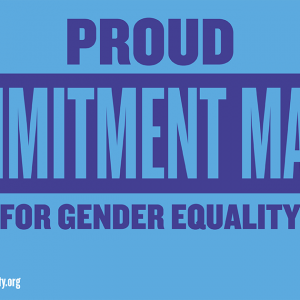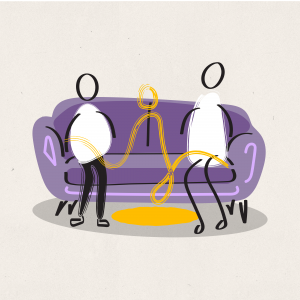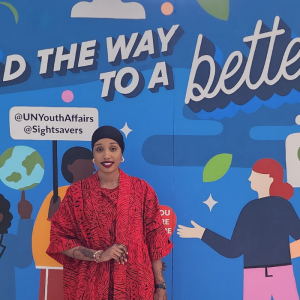Data from a 2010 study in Northern Iraq reports that girls who have undergone FGC are more prone to mental disorders (the UN body IRIN reports).The research carried out by Jan Ilhan Kizilhan, an expert in psychotraumatology at the University of Freiburg, suggests that girls who have undergone female genital cutting display a higher prevalence of post-traumatic stress.
The study consisted of interviews and questionnaires of Kurdish Iraqi girls between the ages of 8 and 14 years to assess the potential trauma and psychiatric illnesses resulting from FGC. 79 Kurdish girls who had undergone FGC and 61 who had not took part in the study as a baseline.
Finding out about the medical and psychological impacts of female genital cutting
Medical impacts of FGC are widely documented and recognised to affect a woman throughout her life. Such detrimental effects include the threat of infection, hemorrhaging and susceptibility to cysts, as well as severe complications during menstruation, sex, childbirth and after delivery.
The psychological impact, although undeniably a consequence of FGC, is significantly harder to measure and quantify and studies have been few and far between. The trauma and memory of being cut as well as the pain a cut woman may experience throughout her life, especially during sexual experiences and child birth, are also likely to result in further distress. If a woman has undergone Type 3 cutting (infibulation) she will literally relive the initial trauma, when she is cut open and re-sewn for intercourse and birth.
Anecdotal stories which Orchid Project has read about, such as from a Bohra writer in breakthesilencespeakthetruth (see our previous blog), reveal the psychological suffering that pursues women throughout their lives. The findings from the study in Iraqi Kurdistan support this:
‘All circumcised participants remembered the day of their circumcision as extremely frightening and traumatizing. Over 78% of the girls described feelings of intense fear, helplessness, horror, and severe pain, and over 74% were still suffering from intrusive re-experiences of their circumcision.’
Key statistical findings
The report also reveals that girls who had been cut go on to experience lower self-esteem than is the norm for uncut girls of their age, and more symptoms of depression. Some of the key statistical findings were:
- 45.6% of the cut girls met criteria as experiencing some sort of anxiety disorder
- Out of the79 cut girls who the survey spoke to, 11 girls (13.9%) were suspected to suffer from personality disorders
- 36.7% of girls who had been complained about a range of somatic problems
- In the control group, one (3.3%) girl met the criteria for a somatoform disorder, 2 (6.7%) girls fulfilled the criteria for anxiety disorders. Nobody met the criteria for a personality disorder.
These findings clearly demonstrate that the impacts of FGC are not just limited to a woman’s physical wellbeing. However as with every study, there are limitations in the analysis that can be drawn out. This specific study questioned a small number of girls. Its findings should therefore be taken as an indication rather than a full conclusion of the psychological impacts of FGC.
Global variations in norms surrounding FGC
Furthermore, the experiences of girls being cut in Iraqi Kurdistan may not be representative of all girls who undergo FGC. The psychological implications are likely to vary according to a girl’s own specific experience, itself dependent on the attitudes within that community. A girl’s experience of being cut in her community in Kurdistan Iraq will be different to a girl’s experience in an Ethiopian community where prevalence rates are up to 74% and the practice is much more normalised and likely to be regarded as a positive right of passage for a young woman.
We should not try to transfer conclusions about the experiences of girls in Kurdistan to those of other girls elsewhere in the world. Kizilhan suggests that since the prevalence of FGC in Iraqi Kurdistan is relatively low, cut women are aware that they are not part of the norm within their country. The practice in Iraq is very localised to specific areas and girls are increasingly being taught in schools and health centres about the negative consequences of being cut. Thus, their learning about FGC as a negative experience may have an impact on their own sense of the trauma that they experience.
Wider support needed for cut girls and women
Despite this, the study does provide a strong argument for investing in psychological support for girls and women who have undergone FGC. It is vital to reach out to women and girls who have been cut. The implication of FGC on women’s mental wellbeing only makes the case stronger for an end to the practice.






